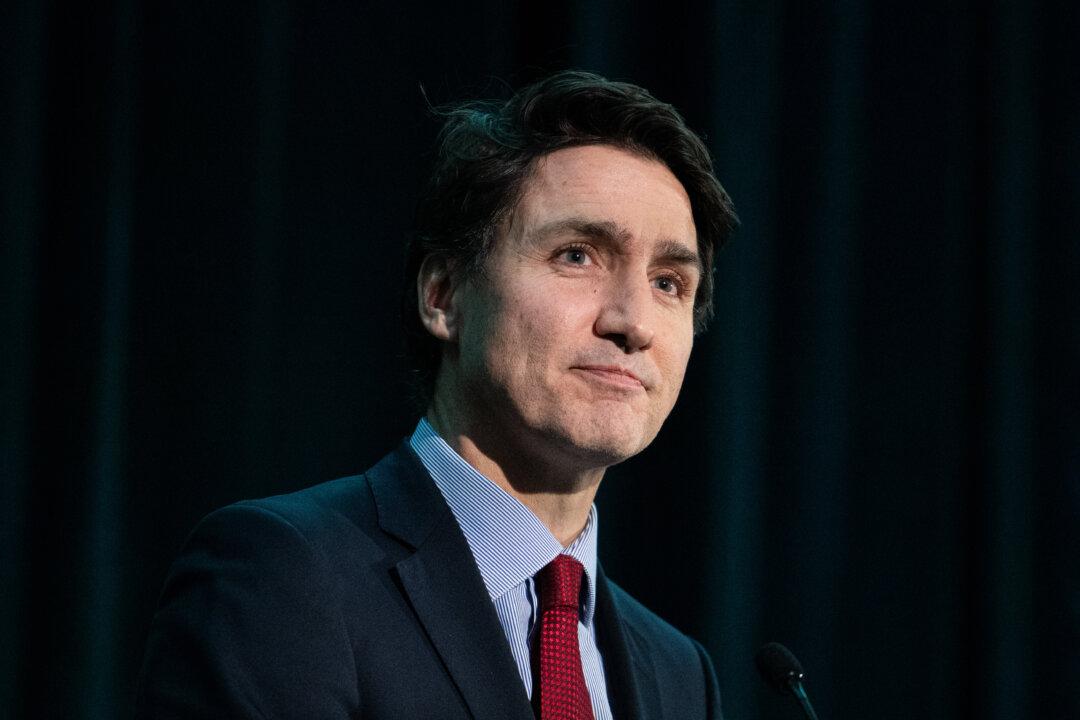Prime Minister Justin Trudeau is doubling down on the work before him as Canada’s leader just hours after his second in command, Chrystia Freeland, as well as Housing Minister Sean Fraser, tendered their resignations from cabinet.
Trudeau spoke for the first time following the resignation of Freeland as deputy premier and finance minister at a Dec. 16 Liberal fundraiser hosted by the Laurier Club in Gatineau, Que.





